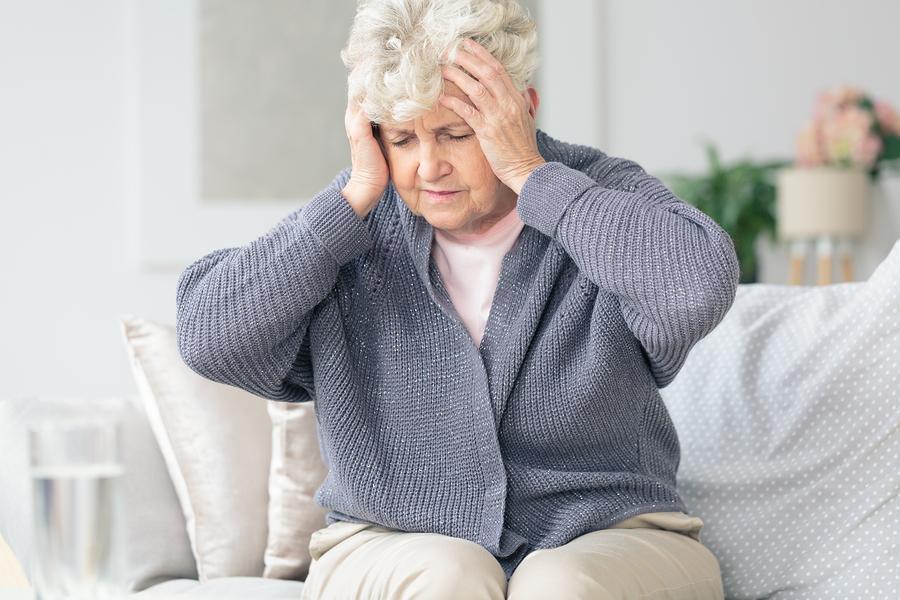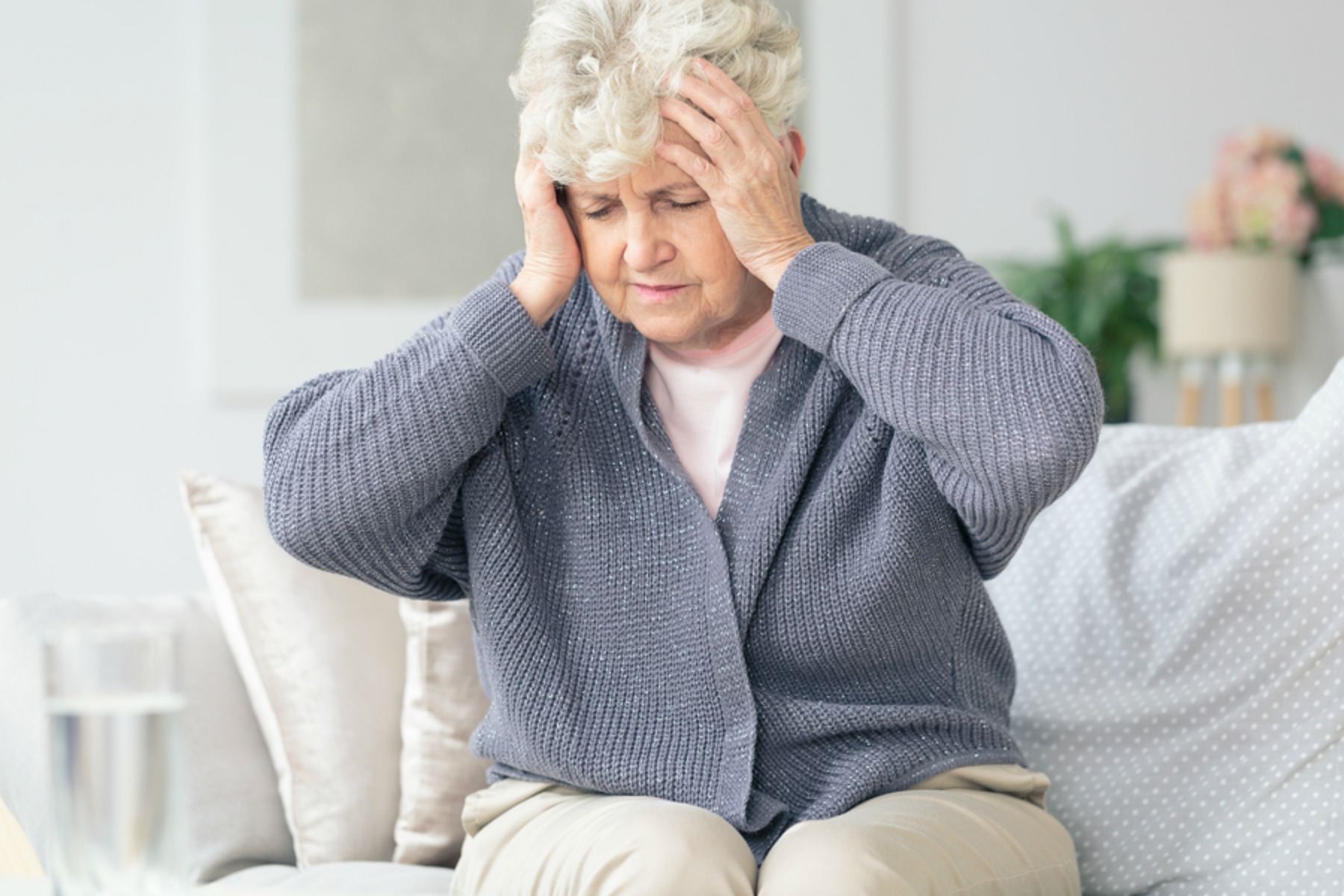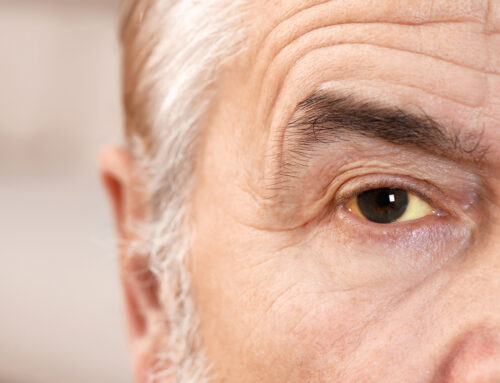Dry eye is a common eye condition caused by not having enough tears or having tears that don’t sufficiently lubricate the eye. As a result, the eyes feel dry, itchy, and uncomfortable. Known risk factors for dry eye include being over 50, being female, not getting enough vitamin A, and wearing contacts. However, a recent study suggests that migraines may also be linked to the risk of developing dry eye.

Home Health Care in Opelika AL: Migraine Headaches And Dry Eye
The Migraine & Dry Eye Study
The study took place over a 10-year period. Researchers looked at data concerning around 73,000 people in North Carolina who had been treated in ophthalmology clinics. In examining their records, the researchers discovered that having migraines dramatically increased the chances of developing dry eye. Specifically, they found that:
Men over the age of 65 had double the risk of dry eye if they had a history of migraines.
Women over the age of 65 with migraines had a 2.5 times higher risk of dry eye.
Although the study does not prove that migraine causes dry eye, the researchers say it is an important link for people to be aware of since it suggests those with migraines should be evaluated for dry eye.
Symptoms of Dry Eye
People with dry eye are usually affected in both eyes. Some signs and symptoms of the condition are:
- Eyes that are stinging, burning, or feel scratchy.
- Being sensitive to light.
- Red eyes.
- Stringy mucus in or near eyes.
- Feeling like there is something in the eye.
- Watery eyes.
- Blurry vision.
- Tired eyes.
Preventing Dry Eye Symptoms
If your aging relative has problems with dry eye, there are ways they can avoid the symptoms, such as:
- Not letting air blow in their eyes, such as by sitting away from air vents and wearing wraparound glasses outside.
- Using a humidifier in the home to keep the air from getting too dry.
- Quit smoking and avoid secondhand smoke.
- Use over-the-counter artificial tears.
Take breaks when doing tasks that involve concentrated use of the eyes, such as reading or working on a computer. Seniors should occasionally close their eyes for a few minutes or blink several times to spread tears across their eyes.
If your aging relative has dry eye, a senior care provider can help them to manage the condition. Senior care providers can remind them to use artificial tears. A senior care provider can also make sure that the older adult’s humidifier has water and is turned on. In addition, a senior care provider can make sure older adults in wheelchairs or with mobility problems that make it difficult for them to move are not seated where the air is blowing in their faces, making dry eye symptoms worse.
If you or an aging loved-one are considering Home Health Care in Opelika, AL, please contact the caring staff at Prime Home Health today. Caring for Our Friends and Neighbors in Tallapoosa, Chambers, Lee, Macon and Russell Counties! Call us 24 hours a day, 7 days a week! 334.745.7966
Sources
Webmd.com
Mayoclinic.org
Verywellhealth.com






